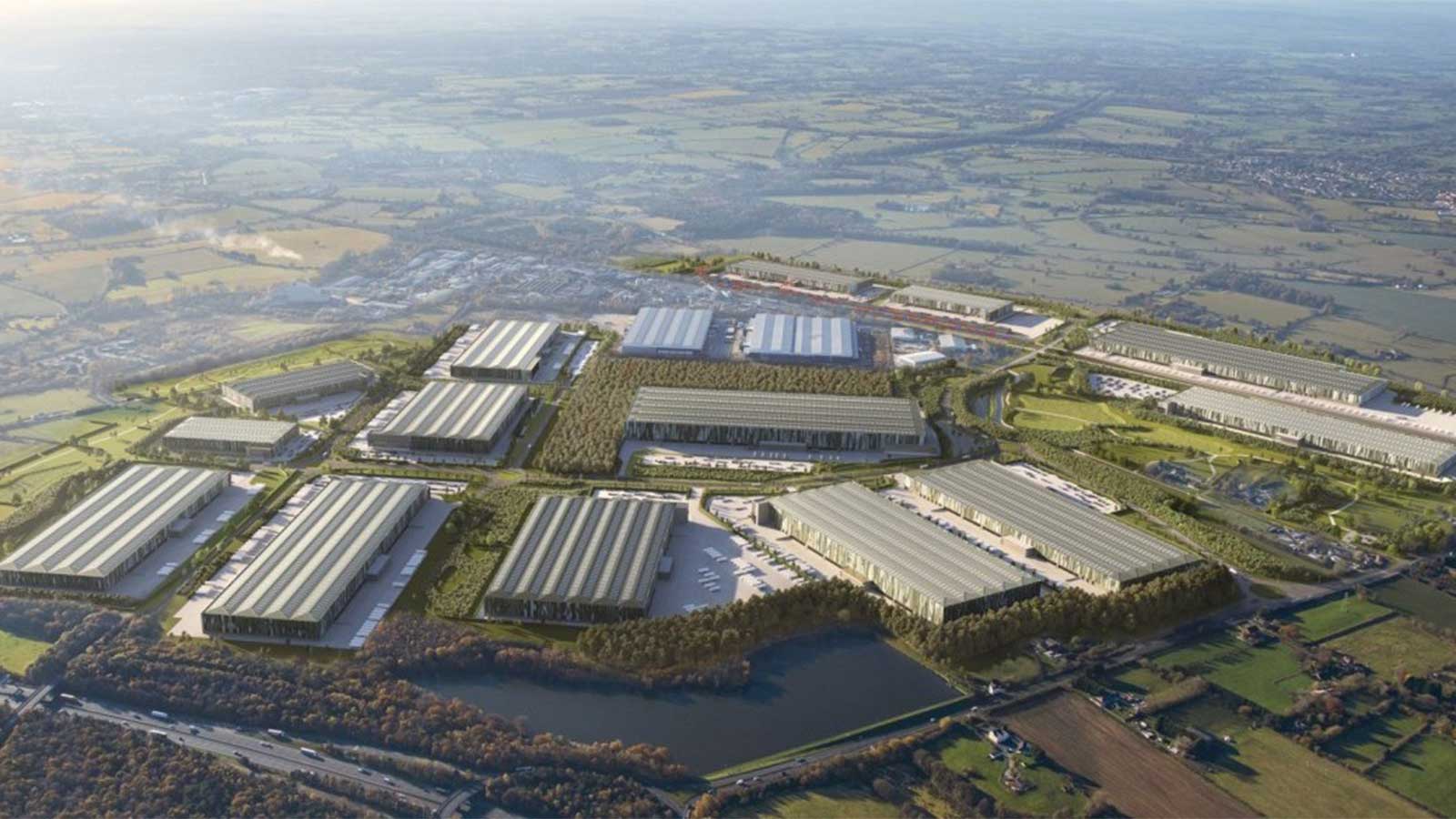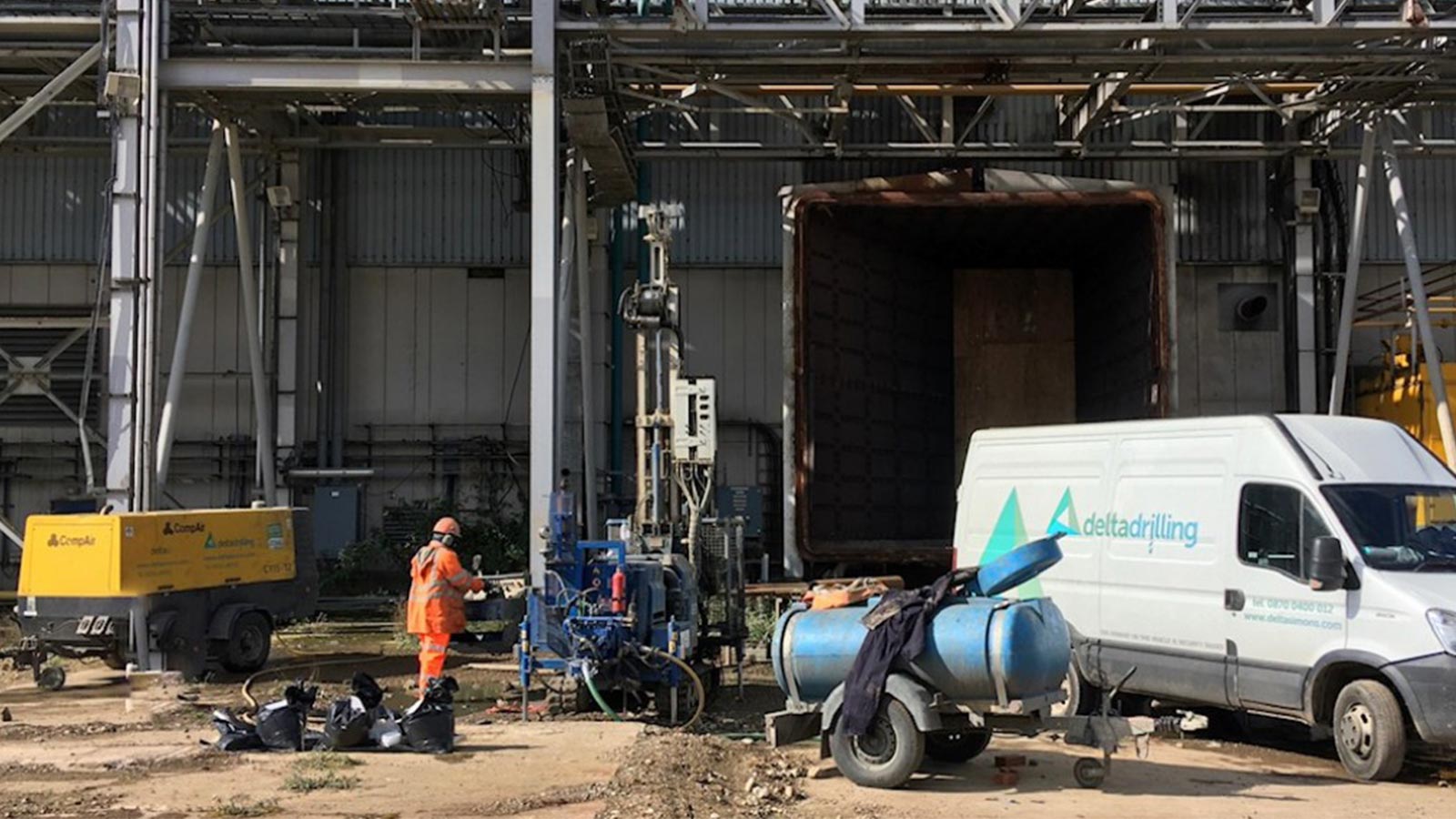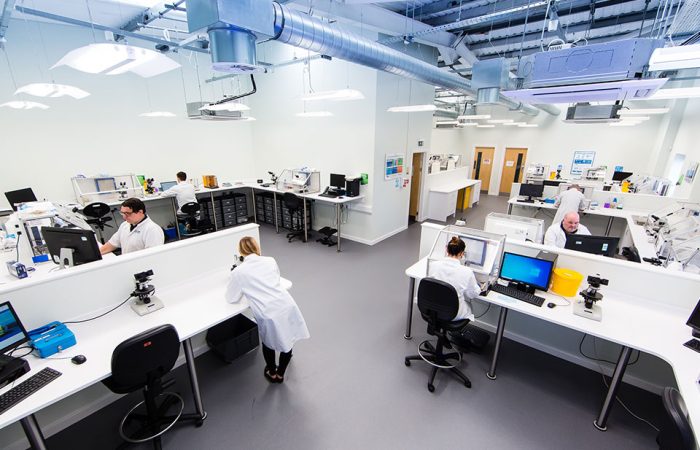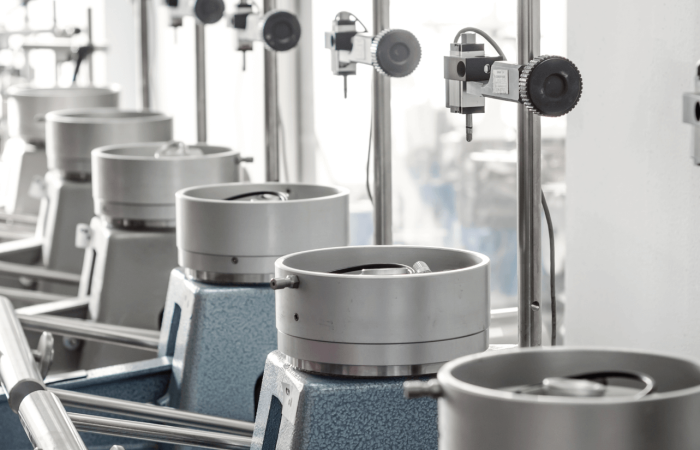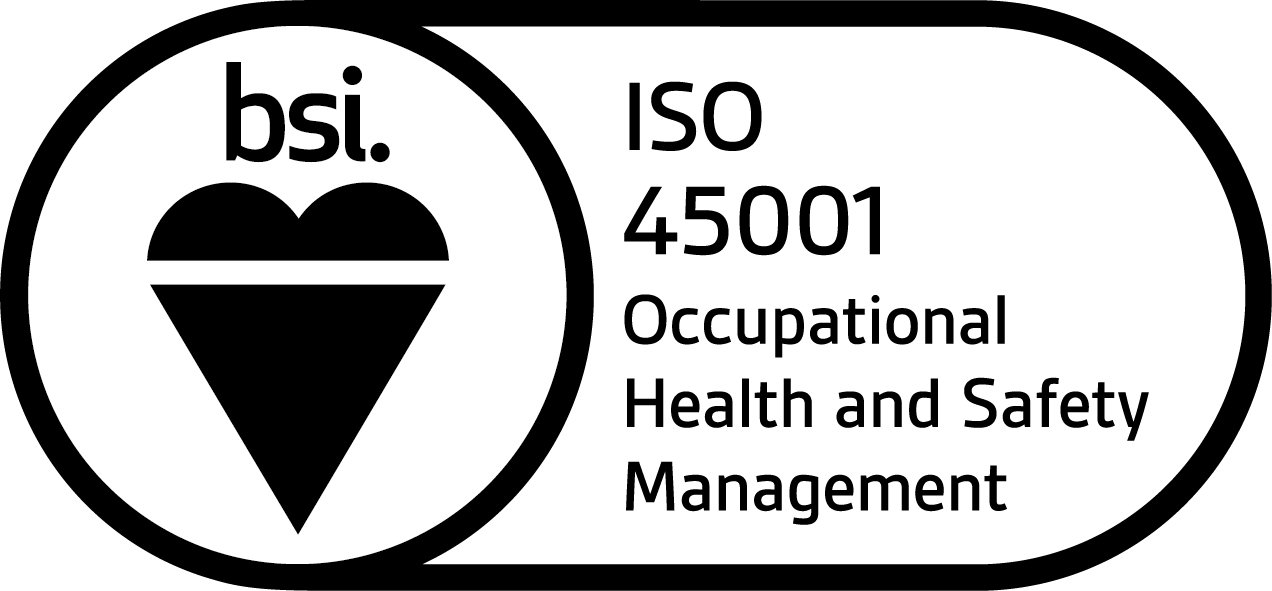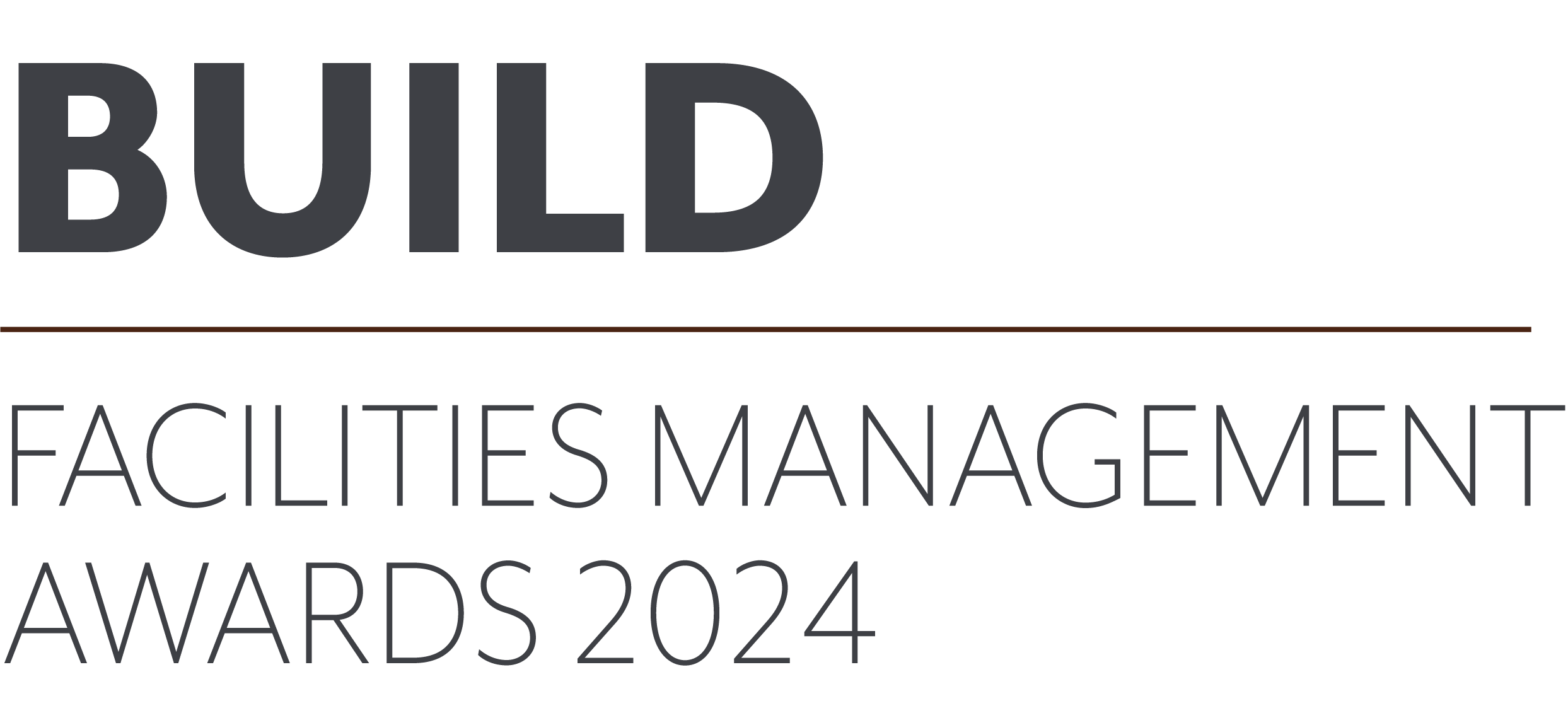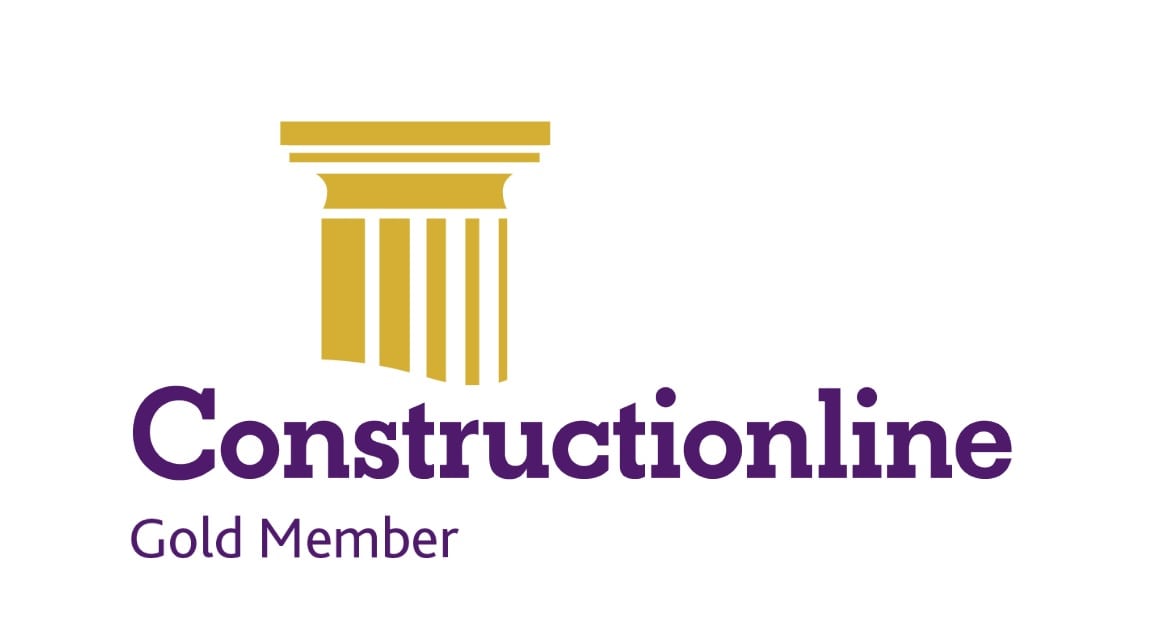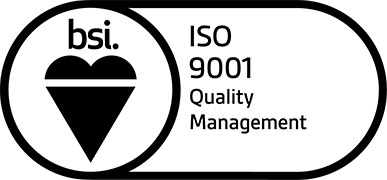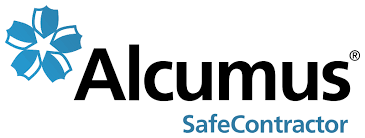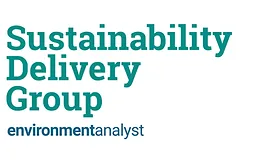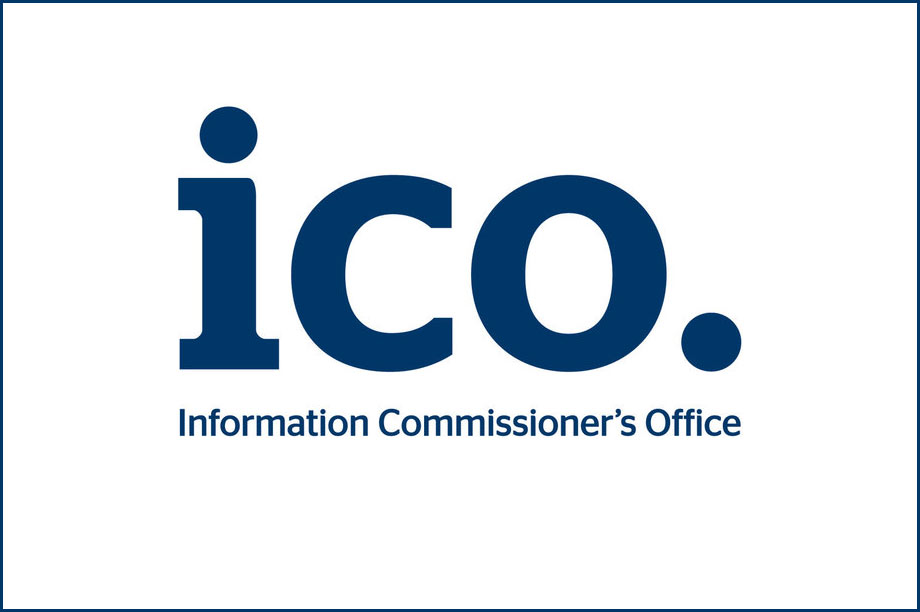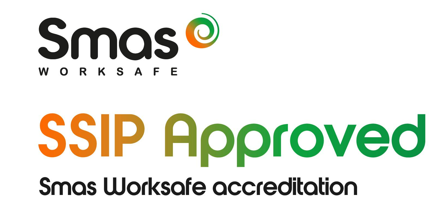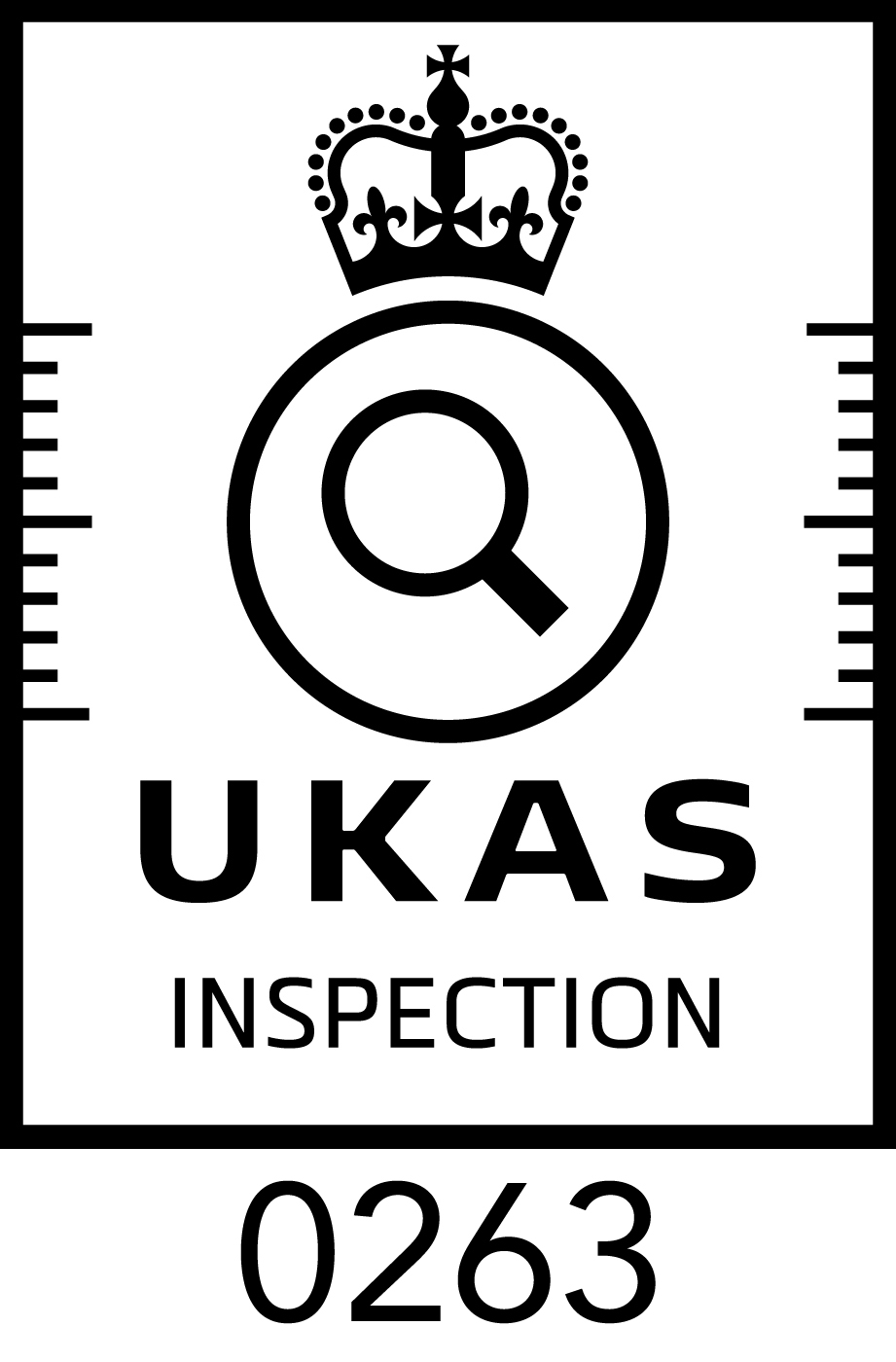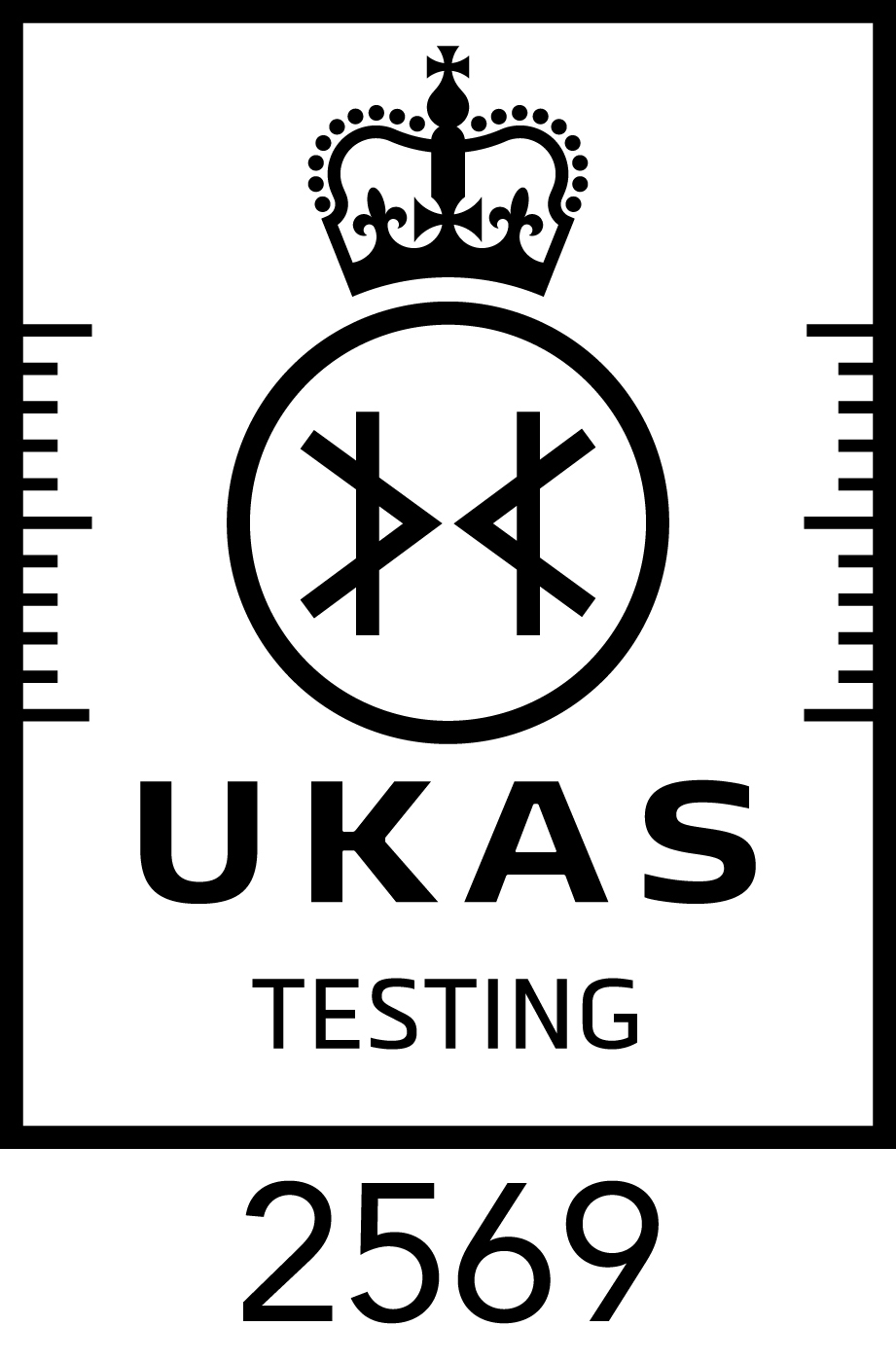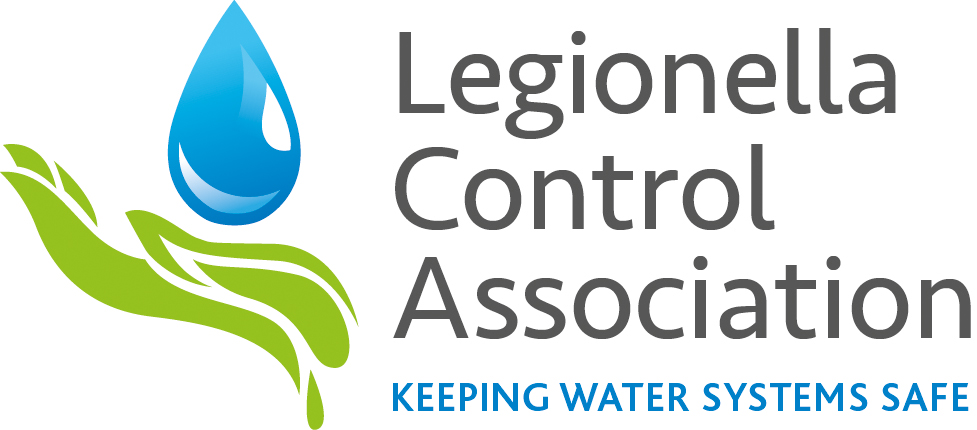Safeguard your structures and mitigate risks with expert Chemical Analysis services, ensuring the longevity and stability of your construction projects.
When embarking on a development project, you face the critical challenge of ensuring the long-term integrity and stability of your structures. The complex interaction between soil and concrete can pose significant risks, potentially leading to costly repairs or even structural failure if not properly addressed. Chemical Testing and Analysis is essential in ensuring the longevity of your structure.
By investing in comprehensive Chemical Testing, you gain the essential insights needed to assess soil-concrete interaction and make informed decisions that safeguard your structures against potential aggression. Our Chemical Analysis services, include:
- Organic Content Identification
- Sulphate in groundwater
- Sulphate in soil
- pH identification in groundwater
- pH identification in soil
As a trusted Chemical Analysis provider, you can rest assured that your project is in capable hands. Lucion Ground Engineering, a UKAS accredited testing laboratory No. 8180, exemplifies the commitment to quality and reliability that you need to make informed decisions with confidence.
Our team deliver the accurate and actionable insights you require to safeguard your structures and ensure the success of your construction projects.


